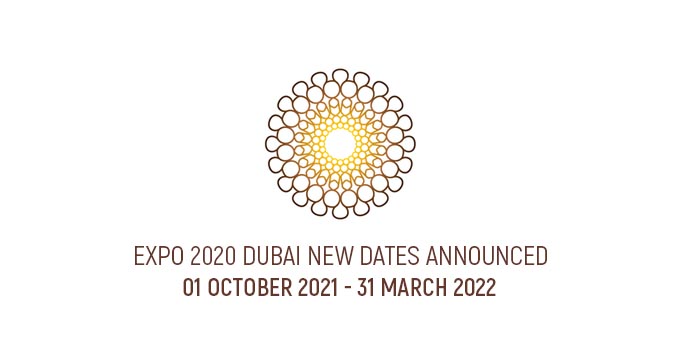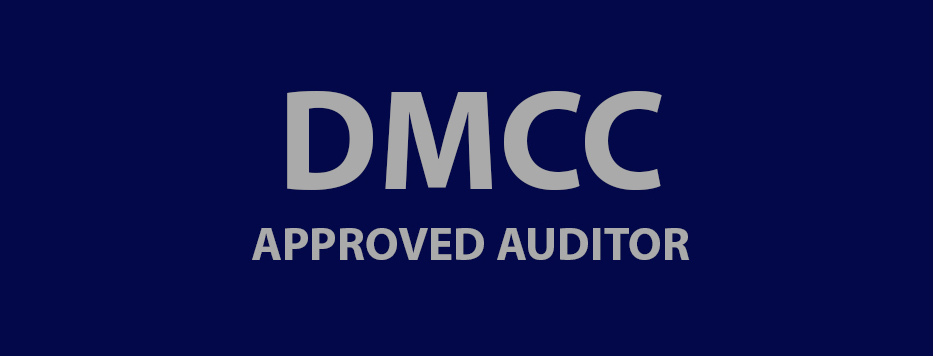WORLD EXPO 2020: BRINGING THE WORLD TO DUBAI

The World Expo, which is held every five years and for a period of six months, is one of the most internationally renowned global exhibitions. The event showcases spectacular exhibitions, pavilions and cultural events by international organizations, businesses and nations from around the world and attracts millions of visitors nationally and internationally. It is also an opportunity to raise awareness about the issues impacting the global community such as sustainable development, resource management, global economy and the quality of life for the world’s population. The World Expos remain a key meeting point for the global community to share innovations and make progress on issues of international importance mentioned above.
The Great Exhibition, held in London in 1851, inaugurated World Expos as the hallmark events of a world aspiring to strengthen its connections, celebrate its cultural diversity and marvel at its technological wonders.
Each World Expo is a catalyst for economic, cultural and social transformation and generates important legacies for the host city and nation. For instance, Shanghai 2010 World Expo helped transform a heavily industrial city-center area into a thriving cultural and commercial district.
The next World Expo takes place in Milan, Italy, in 2015.
Dubai is a candidate city to host the 2020 World Expo. Under the theme of “connecting minds, creating the future,” Dubai aims to be the first city in the MENASA region to host this highly celebrated international exhibition. The proposed venue is located in Dubai World Central’s exhibition district (Dubai Trade Centre – Jebel Ali) as the site would be able to fully leverage the advantages of not only the Al Maktoum International Airport but also DWC’s surrounding amenities and facilities that will be online in eight years’ time to welcome the world to this extraordinary emirate. Dubai is competing against cities in Thailand; Russia; Turkey; and Brazil to host this prestigious event. The winner is to be announced in November 2013.
Dubai has a long history of facilitating connections and pioneering new ideas and Dubai Expo 2020 would be no different, with a predicted 70 per cent of the expected 25 million visitors originating from outside the host nation, making it the most international event in the history of Expo. It would therefore provide a unique platform for the global community to come together and explore creative and pioneering solutions to the three subthemes which have been identified as key drivers of global development:
Sustainability: Lasting sources of energy and water
Mobility : Smart systems of logistics and transportation
Opportunity: New paths to economic development
Sustainability
Intelligent Sources of Energy and Water
In today’s ever-growing world, significant innovation in the production, delivery and consumption of water and energy is becoming increasingly important.
Improving access to these precious natural resources through responsible conservation and effective management, as well as embracing a culture of sustainability, are important goals for developed and less developed countries alike.
Mobility
New Systems of Logistics and Transportation
Efficient logistics and transportation systems are a lifeline that connects people, goods and services around the world. They affect our cities, how we travel, how goods are shipped, and how effectively humanitarian aid can be delivered.
As the world’s markets continue to grow and interact, new sources of innovation are required to create more integrated solutions.
Opportunity
New Paths to Economic Development
In the aftermath of the global financial crisis, and as more emerging countries join the world economy, there is a growing need for new universal models for sustainable economic development and financial stability.
Dubai Expo 2020 seeks to harness new models for the flow of financial and intellectual capital which will foster entrepreneurship and innovation.
A World Expo in Dubai in 2020 would be the first to be held in the MENASA (Middle East, North Africa and South Asia) region. As the global community faces ever more complex, and increasingly interconnected challenges, the links between people, societies and ideas have never been more important. Dubai Expo 2020 will be a platform for connectivity to help pioneer new partnerships for growth and sustainability for the future.
The UAE is logistically ready to host a World Expo. Two thirds of the world’s population now lives within an eight-hour flight of Dubai. 80,000-plus hotel rooms will keep visitors comfortable during their visit to the Expo. Unrivalled connectivity, superb logistics and world-class infrastructure are at the heart of our bid.
Philosophically, politically, creatively, logistically, Dubai is already coming together to deliver a World Expo that will inspire all who experience it and live long in the collective memory.
The UAE
For two and a half millennia the Gulf coast has been a crossroads of the world. From the Persian Royal Road to the Han Dynasty’s Silk Road, from the trading posts of the 19th century to the hypermodernity of today’s UAE, people have always converged here. They come to do business but also to share ideas, experience and inspiration.
Sheikh Zayed Road, Dubai’s main thoroughfare, which was mostly sand, twenty years ago is now one of the world’s most modern urban landscapes, linked by multi-lane highways and a state-of-the-art Metro system. Indeed in four decades the country’s soft and hard infrastructure have developed to such an extent that the UAE today might be one of the most hyper-connected places on the planet, where more than 200 different nationalities mingle daily.
A Global Hub
The Middle East’s top trading economy – it recorded a trade surplus of US$94m in 2011 – the UAE is a dynamic hub for global commerce, with unmatched infrastructure that provides seamless connectivity for businesses worldwide.
Dubai International Airport stands alongside Paris, London and Hong Kong as among the world’s busiest in terms of international passengers. Last year more than 51 million people passed through its terminals, and it is projected to have the highest footfall of any international airport by 2015. Dubai’s flag-carrier, Emirates Airline, is also on track to become the biggest in the world, while Dubai ranks sixth globally measured by air cargo traffic.
The emirate’s shipping ports are also among the world’s top 10 busiest, with Jebel Ali ranked as the largest container port outside of Asia. If you added all the cargo unloaded in Los Angeles and Long Beach – two of America’s biggest ports – it would be roughly equivalent to that of Dubai.
Global Trade
The UAE enjoys a strategic location on the new Southern Silk Road between Asia, Europe and Africa, a situation that provides optimum trading conditions and means the UAE is poised to take advantage of economic activity among the world’s fastest growing and developing economies as part of the ‘South-South’ trade trajectory. Thousands of Chinese businesses use Dubai as a hub for Africa. Indian traders use the emirate to access the world. Latin American ‘multi-latinas’ see Dubai as a launch pad into South Asia. And, of course, Western multi-nationals use Dubai as a hub for the Middle East. Dubai is both a unique trans-continental trade hub and a nexus for innovation in the fields of technology, culture and the wider knowledge economy.
Heritage
UAE history dates back to 5,500 BC, with the first known habitation of the area. Archaeological evidence suggests those earliest inhabitants engaged in trade with their neighbours – a trait that remains vital to the country’s identity today.
A centre for the pearling industry in the 19th and 20th centuries (Dubai was first settled as a fishing village around 1833) the modern UAE came into being in 1971. Then this small country marked its founding as a federation of emirates, united under the leadership of founding President His Highness the late Sheikh Zayed bin Sultan Al Nahyan. Led by His Highness the late Sheikh Rashid bin Saeed Al Maktoum, the Ruler of Dubai from 1958-90, that city was transformed into a commercial metropolis.
Today, under the leadership of Dubai’s Ruler, His Highness Sheikh Mohammed bin Rashid Al Maktoum, this metropolis of two million inhabitants serves a market of more than two billion people – leading the development of a new Silk Road that connects rapidly growing economies such as India, China, Brazil and the African continent. Safe, inclusive and cosmopolitan, Dubai is now one of the world’s top 10 urban tourist destinations, attracting more than 9.3 million visitors every year.
Today’s UAE is led by the President, His Highness Sheikh Khalifa bin Zayed Al Nahyan, working in close consultation with His Highness Sheikh Mohammed bin Rashid Al Maktoum, UAE Vice President and Prime Minister, and Ruler of Dubai.
All the above positive characteristics surely will pave for a successful bid result for Dubai. Let all of us wish and pray that this vibrant, unique city shall emanate into its glory and add one more beautiful feather in its crown.
[Courtesy: With inputs from various sources]

Recent Comments